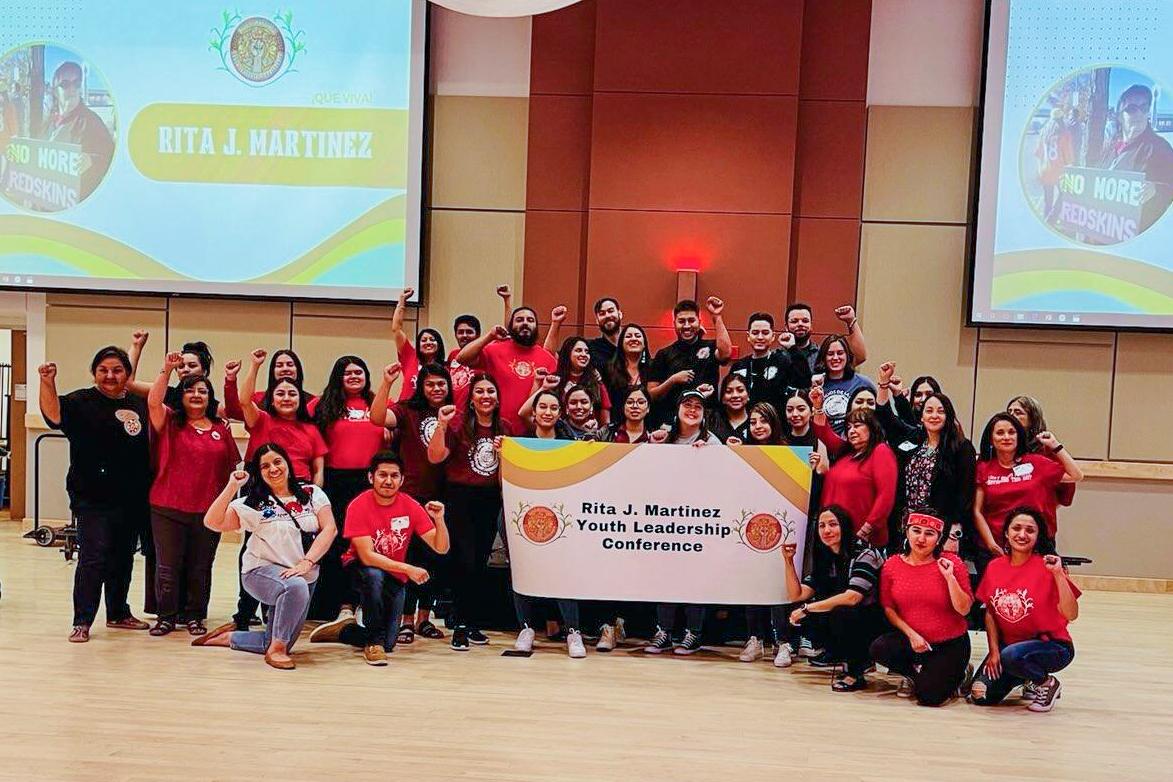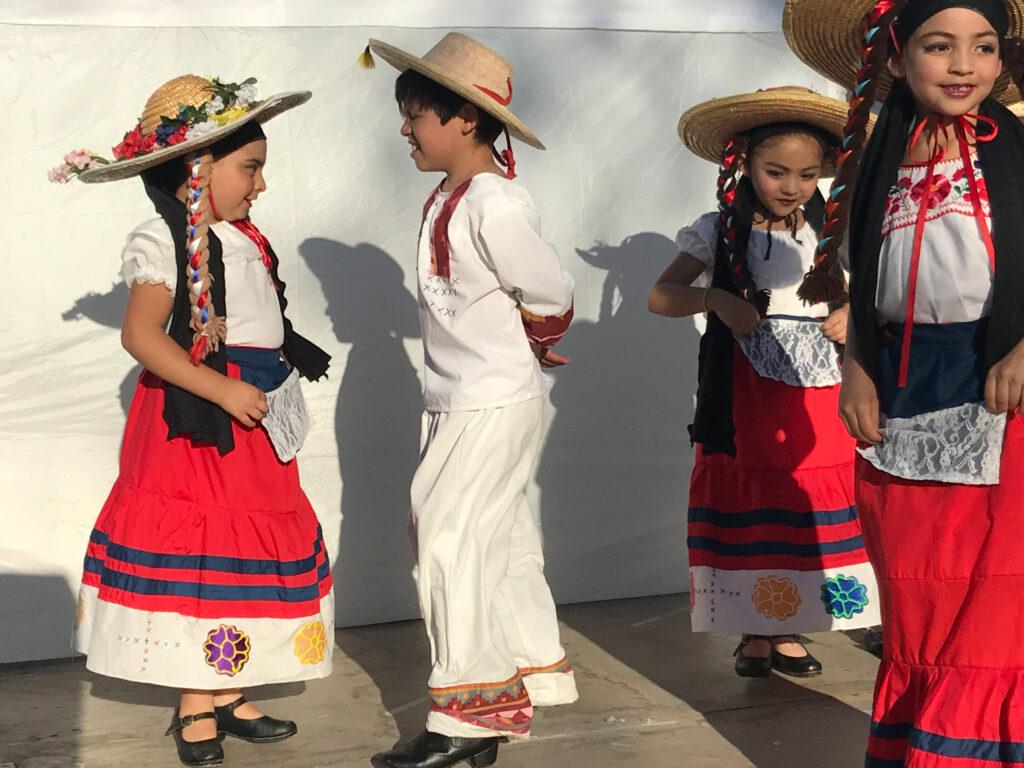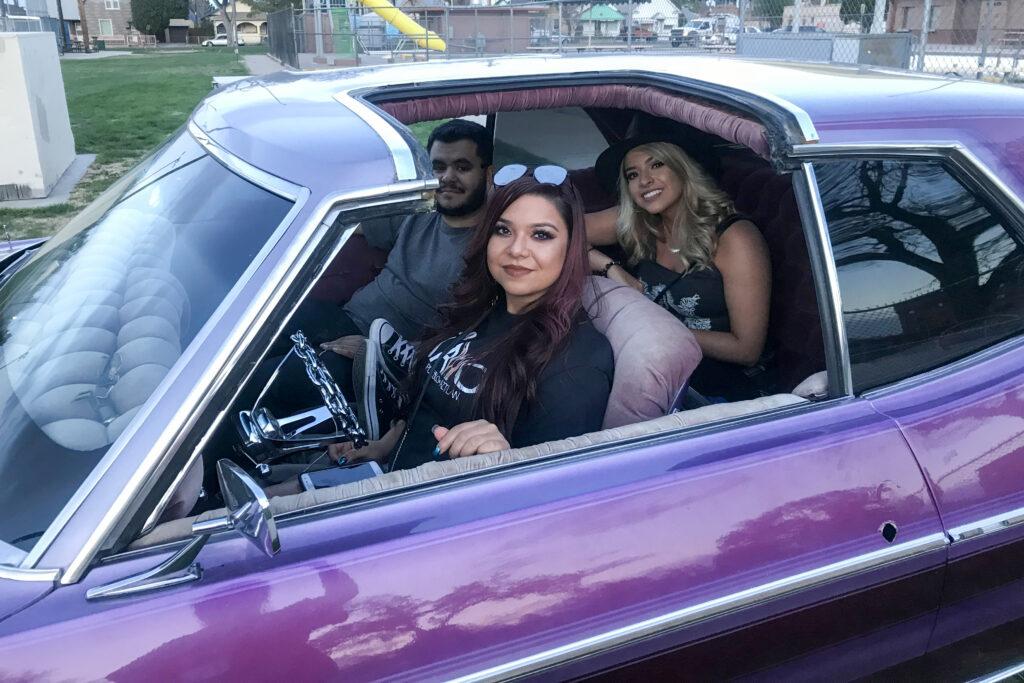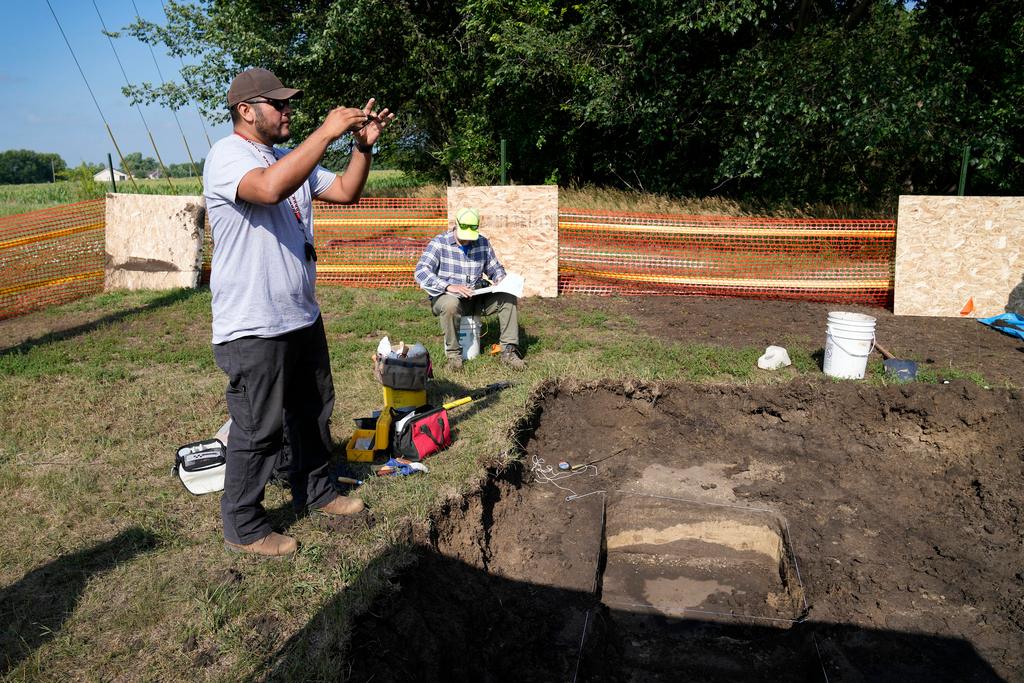
El Movimiento Sigue (EMS) — a grassroots activist group in Pueblo — is expanding its longtime work supporting Chicanx and Indigenous people and fighting inequity. For the last five decades, the group has organized activities like Cinco de Mayo celebrations, youth workshops and protests to take down Pueblo’s century-old Columbus statue.
Newly hired Executive Director Jose Ortega wants the organization to grow and become a model for others.
“So we can actually go into other communities and maybe teach them how to advocate more and fight for equity and organize and reach out to the children,” he said.
EMS President Denise Torrez said the group's mission includes supporting “people living in poverty and any community or population that is marginalized and somewhat voiceless.”

The group recently started a program to reduce incarceration rates. Torrez said the Transforming Justice project has a bail reform component aimed at making sure people aren’t left in jail because they “don’t have even $100 to $1,000” to post bond.
“All it takes is three to five days of incarceration and the effects on a person's life are so detrimental,” she said. “You lose your job, you possibly lose your housing, it's just harsh, harsh punishment.”
Another weak point in the criminal justice system that needs addressing, according to Torrez, is mental health competency evaluations, which can have a very long waiting period for some people.
“Oftentimes, they're incarcerated longer than their sentence would have been for the charge they're there for, because they're awaiting competency,” she said.
EMS also wants to improve community support for those leaving incarceration by improving access to mental health and addiction services, housing and jobs.
“If we are proactive and preventing people from taking drastic measures and turning to crime…if a person had that hope in their life," Torrez said," they probably wouldn't turn to crime.”
EMS has also focused on cultural education and information. The annual Cinco de Mayo event has plenty of fun activities like music, a low-rider car show and parade and food vendors. They also invite guest speakers to talk about important community issues. This fall they’re hosting a daylong youth leadership conference at CSU-Pueblo for high school students to learn about and explore various aspects of Chicanx and Indigenous cultures.
“We want them to feel proud of who they are, instead of trying to squelch it or become totally assimilated,” Torrez said.”You should still be able to have your own self-identity and still thrive in America and so that's our goal.”
They’ve also revived La Cucaracha, a free newspaper started in the 70s for the Chicanx community in southern Colorado. It closed in 1983, but as of last year is now a quarterly publication distributed around the region.










